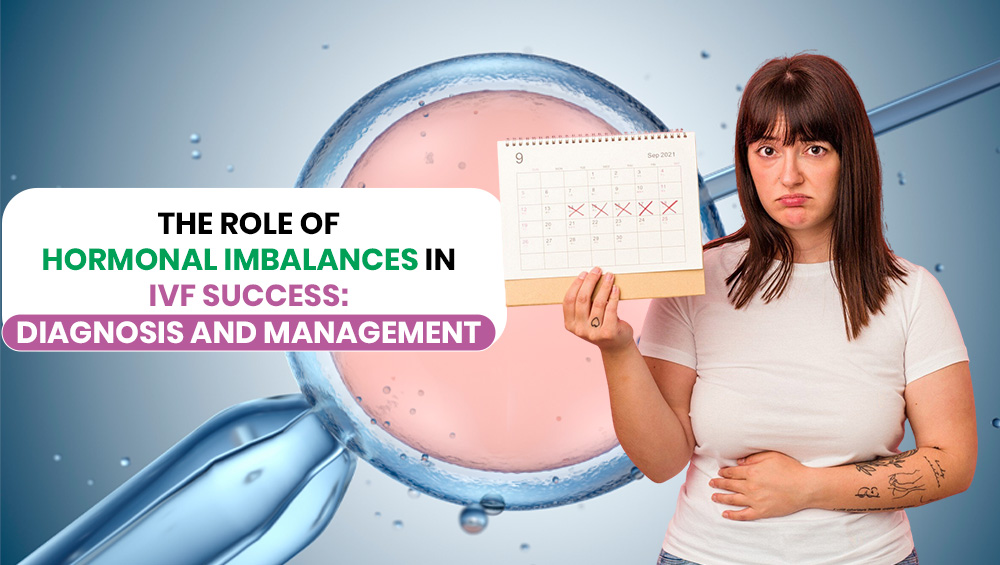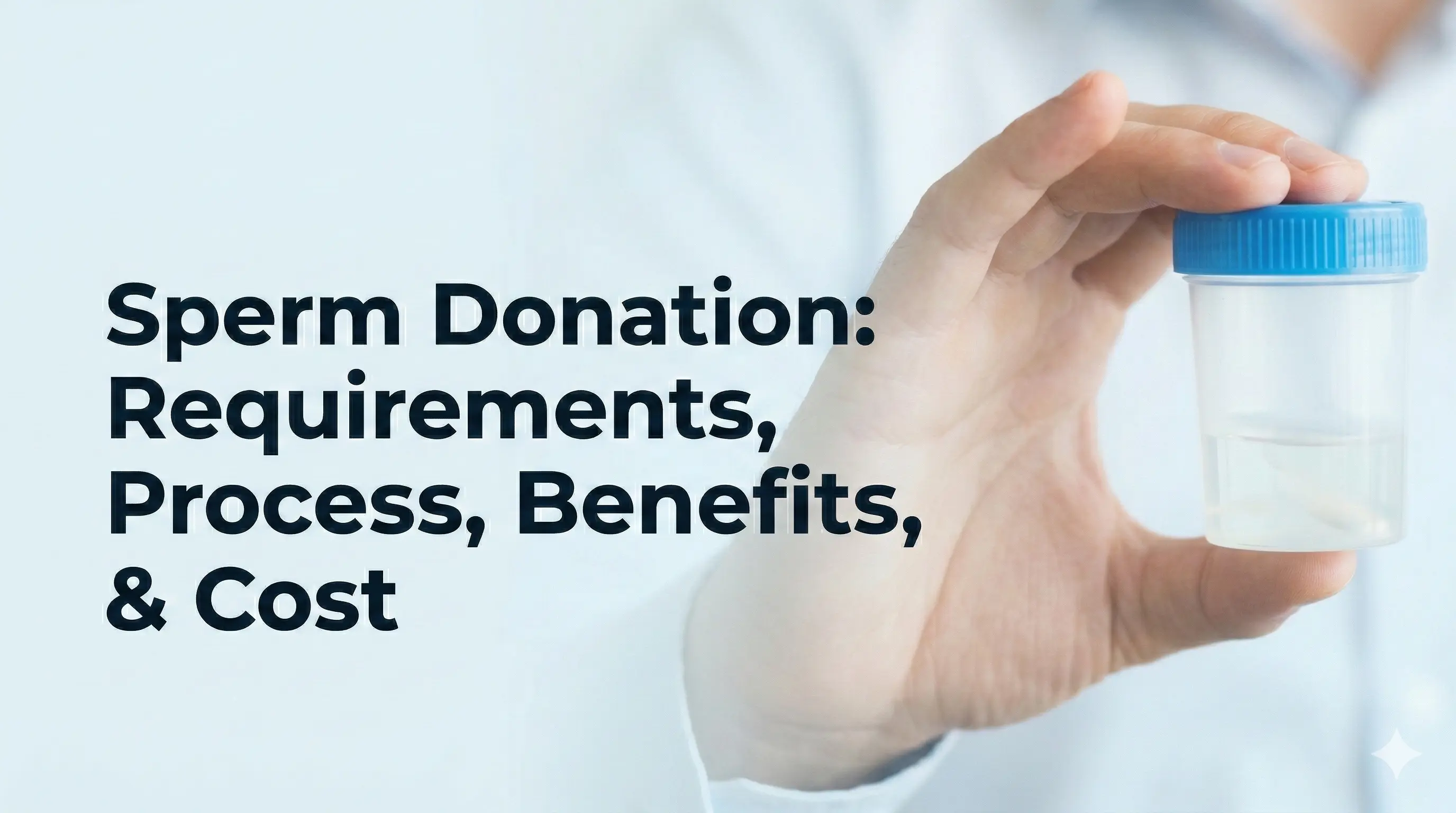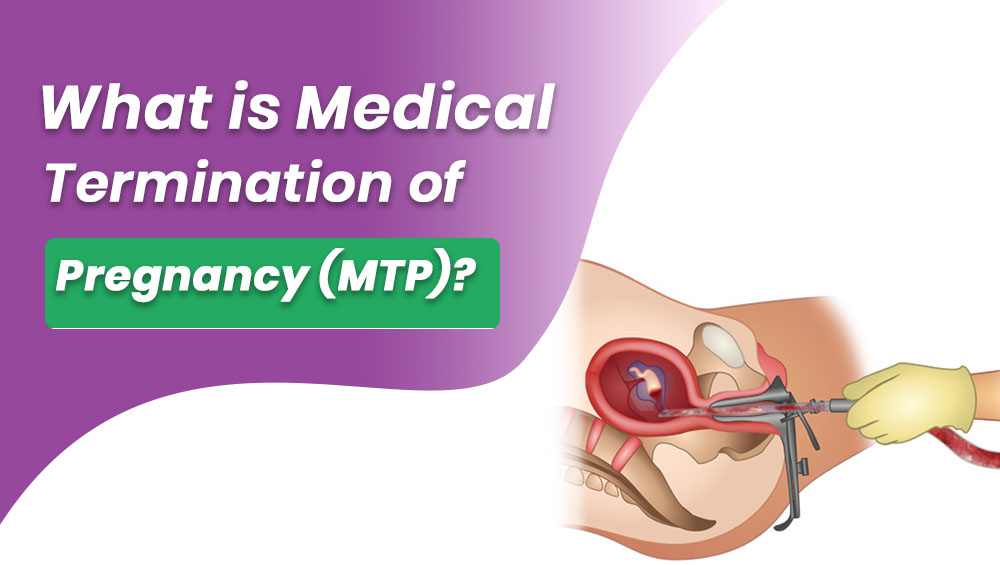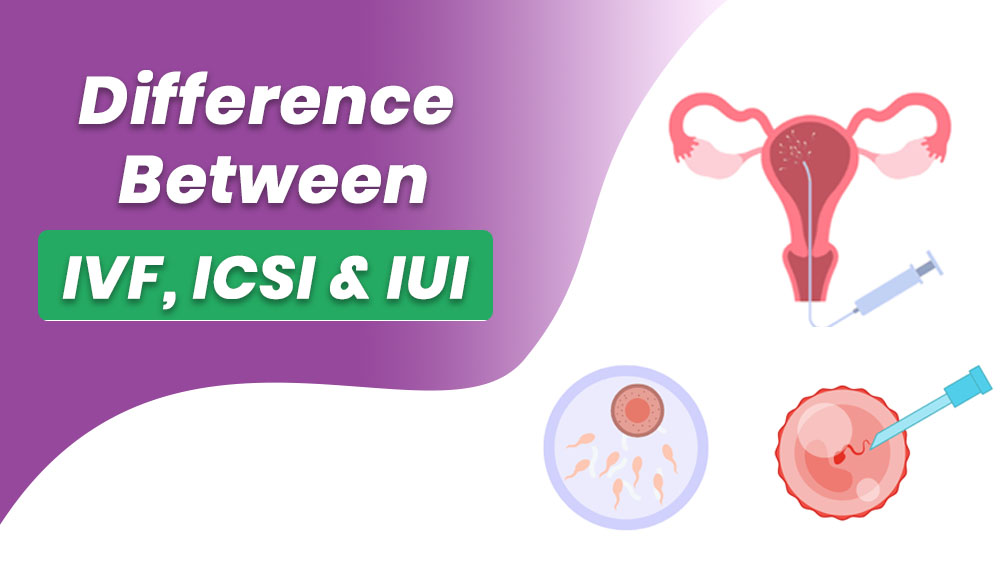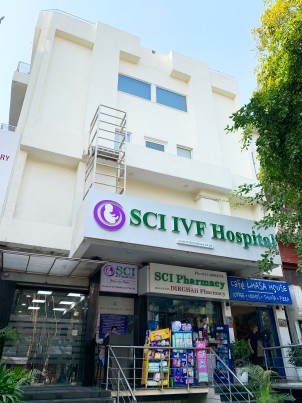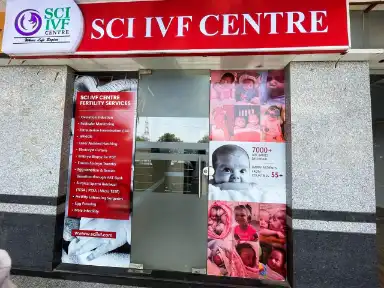The Role of Hormonal Imbalances in IVF Success: Diagnosis and Management
One of the aspects often neglected during the journey of parenting through IVF is very important: the couple’s hormonal health. Hormones influence every stage of the IVF cycle; egg development, ovulation, fertilization and implantation. Any disruption in the hormonal balance can determine the overall success of the treatment.
Hormonal Imbalances in the Success of IVF is a critical gap for couples starting or already in the process of IVF. Conception can be worked towards and facilitated greatly with proper and timely diagnosis and treatment, which is precisely the case with the IVF Treatment Delhi – a combination of highly personalized treatment plans and sophisticated veterinary medicine.
Understanding Hormones and Their Role in IVF
Hormones are essential components of the endocrine system, which are secreted by endocrine glands as chemical messengers that perform a whole host of activities in the body. They influence growth, metabolism, development, reproduction, moods and health by travelling through the blood to their designated organs and tissues.
Imbalance of body hormones has repercussions during mental and physical wellness, which in turn can disturb several systems of the body, maintaining delicate balance of which is crucial. It is vital to have an understanding of hormones to embrace their relevance to an individual's health and daily activities.
Every step in the IVF procedure depends on the woman’s hormonal equilibrium.
- FSH: Enables the ovaries to grow and develop robust eggs.
- LH: Parentally submits the fully formed oocyte.
- Estrogen: Builds and maintains the endometrial lining in the uterus to facilitate embryo implantation.
- Progesterone: Sustains and protects the uterus so the embryo can embed itself.
- AMH: Mirrors the volume of eggs present in the ovaries.
- Thyroid: Impact ovulation and general reproductive system.
- Prolactin: In excessive amounts can impede ovulation.
Impact of Hormonal Imbalances on IVF Success
An imbalance of these hormones can impact IVF in various ways.
Missing or irregular ovulation: A common issue of women suffering from PCOS or some possible thyroid disorders.
Deficiency of any Hormones: Fertilization chances might be decreased due to abnormal values of FSH or AMH.
Endometrium: Low estrogen and or progesterone levels inhibit proper implantation.
Failed pregnancy/implantation: A set of hormonal alterations spatially changes the structural elements and the embryo's chances of survival.
Cycle cancellations: In some situations, there is an absence of any treatment until the hormones achieve equilibrium, and in these cases, the results can be best.
Common Causes of Hormonal Imbalances in Women Undergoing IVF
Many conditions can alter hormonal balance, including:
Polycystic Ovary Syndrome (PCOS)- Ovulatory infertility is due to infrequent cycles and increased androgens.
Thyroid Disorders- Ovulation or pregnancy is hindered with disruption to the balance of the thyroid.
Hyperprolactinemia- Disruption to the monthly cycle due to high levels of prolactin.
Obesity- Insulin Disruption of ovulation and the quality of eggs.
Aged Related Decline- Natural reduction of ovarian reserve and hormone production.
Lifestyle factors such as stress, diet, exercise, and sleeping habits.
Diagnosis of Hormonal Imbalances Before IVF
As part of the undertaking assessing the preparatory steps for IVF, patients undergo assays aimed at clarifying their hormonal status. Standard procedures entail:
- Serological studies, along with FSH, LH, Estradiol, Progesterone, AMH, Prolactin and assorted Thyroid examinations.
- Ultrasound to assess ovarian follicles and ovulation and the endometrial lining.
- Tests of ovarian reserve. AMH and Antral Follicle Count (AFC).
- Earlier style and medical history, recent stressors and diet, and previous cycles in particular.
Management & Treatment of Hormonal Imbalances for IVF
Addressing the issues of hormonal imbalances is fundamental to increasing the effectiveness of swelling management through :
Medications hormonal Treatment: Therapy as Induction of ovulation, and Thyroid Medication.
Behavioral Therapy: Improvement in Sleep Cycles, Exercises and Balanced Diets, Weight Regulation.
Psychological Relief: Through yoga and meditation paired with counseling on stress alleviation.
Nutrient Enrichment and Support: Immunological and biological Level of Reproductive Vitamins in Support.
Nutrient Targeting and Supply: Population Testing During Cycles of Pregnancy to Tailor Count Hormone Testing and Alter Vas Pro.
Challenges & Considerations
- SIDE EFFECTS: Unwanted mood or aching headache as an outstanding instance, which can result from hormonal therapy.
- COSTS OF TREATMENT: The Cost of IVF can be higher due to added tests and medications.
- EMOTIONAL STRESS: The changes to the mental and emotional landscape that come with continuous hormonal changes can be quite significant.
Tips for Patients to Improve Hormonal Balance Naturally
Patients can also adopt behaviors geared towards hormone balancing while receiving treatments is essential:
- Eat a variety of foods rich in protein, such as fruits and vegetables, and avoid alcohol.
- Try light to moderate exercise to help manage your body weight.
- Keep a consistent sleep routine of 7 to 8 hours to help the body maintain hormonal balance.
- Remove stress through the practice of yoga and meditation or other techniques of relaxation.
Conclusion
IVF is all about hormones, particularly their delicate balance for stable functioning. Every step in the fertility pathway is dictated by well-regulated and stable hormones. With a proper plan, effective treatment, and supportive lifestyle changes, couples trying to conceive will certainly enhance their probabilities of a successful pregnancy.
In SCI IVF Hospital, Delhi, we have a team of highly qualified and experienced fertility specialists who focus on the precise diagnosis and management of hormonal problems. With an integrated approach of advanced tool-based diagnostics, thoughtful IVF techniques, and all-encompassing treatment, we ensure optimal, advanced, customized treatment for an effective outcome for every couple.
In case you have hormonal issues or are in the process of planning your IVF, do not let your imbalances bring you down. Meet our specialists and discover the SCI IVF hospital, which provides the best IVF treatment in Delhi, and begin your journey to becoming a parent.
